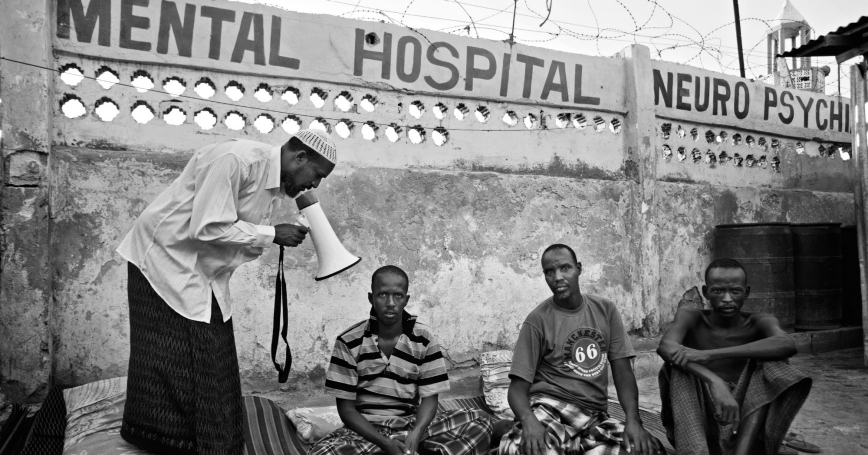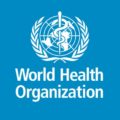According to a new press release by the World Health Organization, there will be increased focus on promoting person-centered and rights-based approaches to the management of mental health. Mental health conditions are increasing worldwide. Mainly because of demographic changes, there has been a 13% rise in mental health conditions and substance use disorders in the last decade (to 2017). Mental health conditions now cause 1 in 5 years lived with disability. According to WHO, the new packages which will soon come into effect will include:
The WHO Guidance on community mental health services: Promoting person-centred and rights-based approaches is a set of publications that provides information and support to all stakeholders who wish to develop or transform their mental health system and services to align with international human rights standards including the UN Convention on the Rights of Persons with Disabilities.
The main reference source for all stakeholders is the Guidance on community mental health services: Promoting person-centred and rights-based approaches document which provides a detailed description of person-centred and human rights-based approaches in mental health, and summary examples of good practice services around the world and recommendations for integrating such services into national health and social care systems and services. This comprehensive document is accompanied by a set of seven technical packages focused on specific categories of mental health services and guidance for setting up new services.
During the 183rd plenary meeting on Dec. 10, 1948, the United Nations General Assembly (UNGA) adopted the Universal Declaration of Human Rights (UDHR) Article 25, which states that: “Everyone has the right to a standard of living adequate for the health and well-being of himself and of his family, including food, clothing, housing and medical care and necessary social services, and the right to security in the event of unemployment, sickness, disability, widowhood, old age or other lack of livelihood in circumstances beyond his control. But studies have shown that, individuals with mental illness are experiencing human rights violations on a global scale both within and outside of psychiatric institutions. These violations include denial of employment, marriage, procreation, and education; malnutrition; physical abuse; and negligence.
The UN Human Rights Council (UNHRC) views physical and mental health as a central tenet of its work. Through its appointed Special Rapporteur, the UNHRC helps Member States and others promote and protect the right to the highest attainable standard of physical and mental health (right to health). The council acknowledges the following principles:
- The right to health is an inclusive right, extending not only to timely and appropriate health care, but also to the underlying determinants of health, such as access to safe and potable water and adequate sanitation, healthy occupational and environmental conditions, and access to health-related education and information, including sexual and reproductive health.
- The right to health contains both freedoms and entitlements. Freedoms include the right to control one’s health, including the right to be free from non-consensual medical treatment and experimentation. Entitlements include the right to a system of health protection (i.e., health care and the underlying determinants of health) that provides equality of opportunity for people to enjoy the highest attainable standard of health.
- The right to health is a broad concept that can be broken down into more specific entitlements such as the rights to maternal, child and reproductive health; healthy workplace and natural environments; the prevention, treatment and control of diseases, including access to essential medicines; and access to safe and potable water.
This guidance recently provided by WHO aims to empower governments, policy makers, health and social care professionals, nongovernmental organizations, organizations of persons with disabilities and other stakeholders, to introduce and scale up good practice mental health services that protect and promote human rights, ultimately improving the lives of people with mental health conditions and psychosocial disabilities everywhere. SEE:20 Mental Health Group Therapy Activities For Adults





